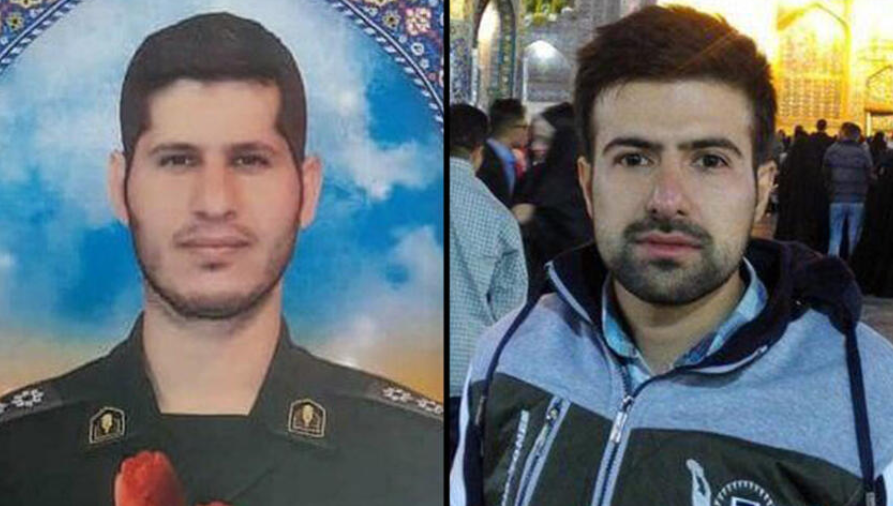Iran’s social turmoil and poor economic prospects
Published on 2022 September 20, Tuesday Back to articles
Nationwide demonstations following the morality police’s killing of 22-year-old Mahsa Amini
Rumours that the death of Iran’s Supreme Leader, Ayatollah Ali Khamenei, is imminent will continue but is primarily part of a propaganda war to weaken the Islamic Republic and provoke societal uncertainty. It is nonetheless unlikely that Khamenei’s eventual demise will throw the regime into crisis.
In response to the tragic death of 22-year-old Mahsa Amini while in the custody of the morality police, President Ebrahim Raisi is likely to sack some officials and liberalise the cultural space to a limited extent.
Political wrangling over the compulsory dress code for women — and whether the morality police should continue to operate — will reach new levels. Women and civil society organisations will continue to protest against the current policies which will most likely lead to legal revisions and a generally looser enforcement by the morality police.
The Iranian business community will continue to suffer as more and more company owners take their capital out of the country. The government will pay lip service to improving the business climate, but the long-standing hydrocarbon dependent rentier system will persist.
Iran’s membership in the Shanghai Cooperation Organisation will not only provide potential economic benefits but also help to demonstrate that the country is not internationally isolated.
President Raisi’s trip to the UN General Assembly in New York came at the worst possible time in terms of Iran’s international image but all that matters to Tehran is to show that Iran is not isolated. The event brought plenty of bilateral meetings with friendly governments and promotion of the narrative that Iran is respected internationally. Extensive anti-Iran demonstrations took place in New York in parallel with the various events on Raisi’s agenda.
Now that the Iranian economy has absorbed the first shock of the discontinuation of the lower exchange rate, inflation will decline but still remain above 30% for the foreseeable future. Only a return to the Joint Comprehensive Plan of Action (JCPOA) would change the financial position of the government. The economy will continue to grow at a sluggish pace while the economic substance of the country is eroded on many levels.
Iranian officials will attempt to secure an end to the recently renewed Azerbaijan–Armenia conflict which is detrimental to neighbouring Iran.
Recent challenges relating to a pilgrimage rally to Karbala in Iraq are a reminder of the impact on Iran–Iraq relations of current tensions between Shi’a communities in Iraq. As long as tensions continue, security in the border regions of both countries will be under pressure.
This excerpt is taken from Iran Strategic Focus, our monthly intelligence report on Iran. Click here to receive a free sample copy.The September 2022 issues of Iran Strategic Focus also includes the following:
Commentary
- Is Iranian society imploding? A tragic death sparks protest
Politics & Society
- Vice President Ensiyeh Khazali under pressure
- Vice President Sorena Sattari resigns
- Intra-Shi’a leads to pilgrimage chaos
- Iran–Saudi talks
- JCPOA in the doldrums again
- Tensions in the Caucasus
- President Raisi in New York
Special Feature
- The Shanghai Cooperation Organisation
Profile
- Jomhouri Eslami editor-in-chief Masih Mohajeri
Economy & Energy
- The currency pendulum
- Alarming economic indicators
- The business climate



